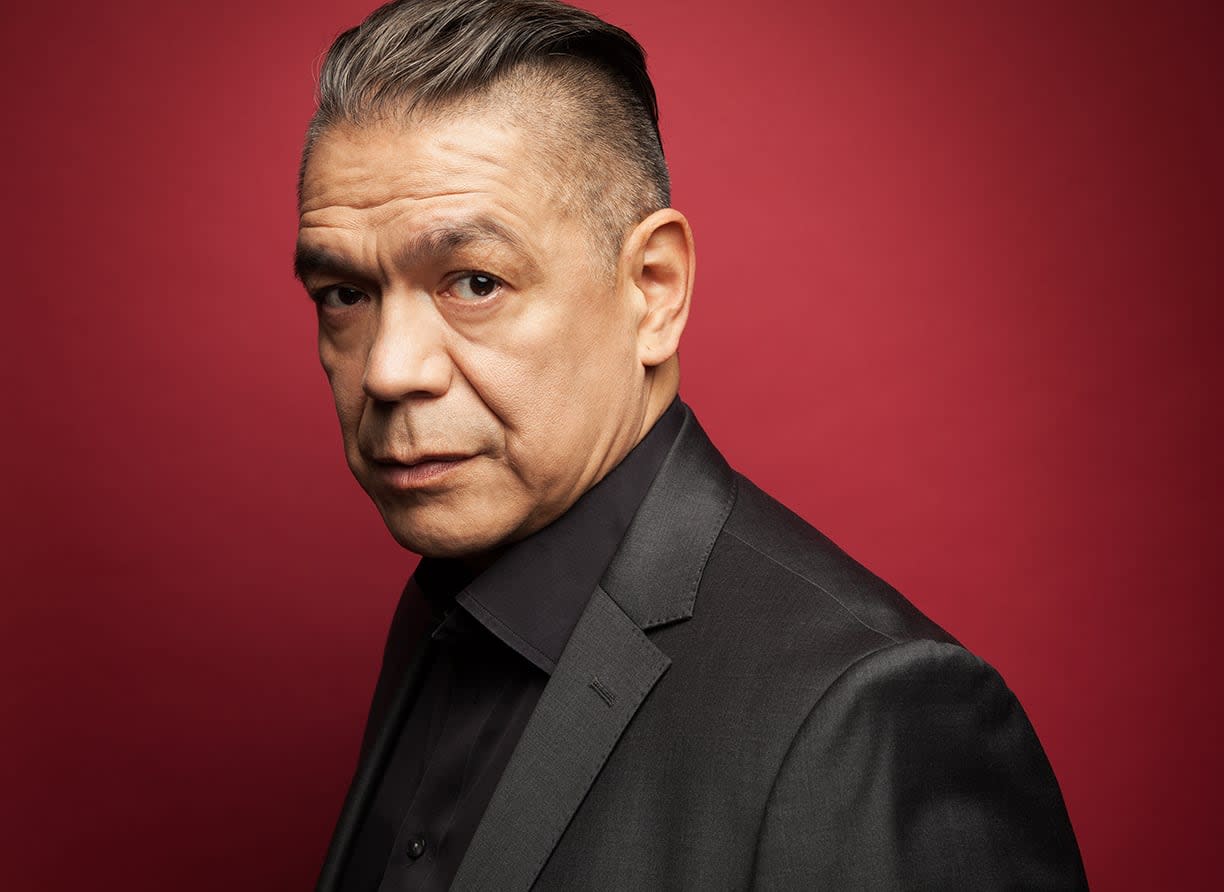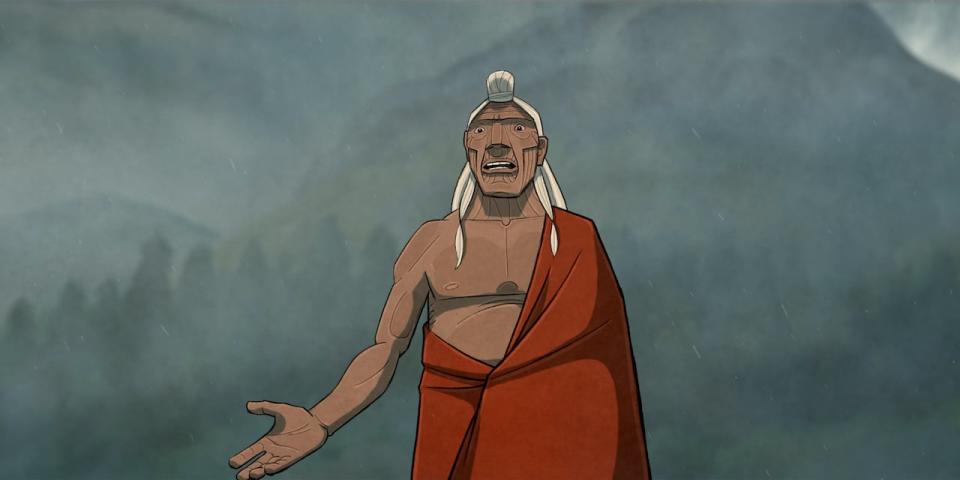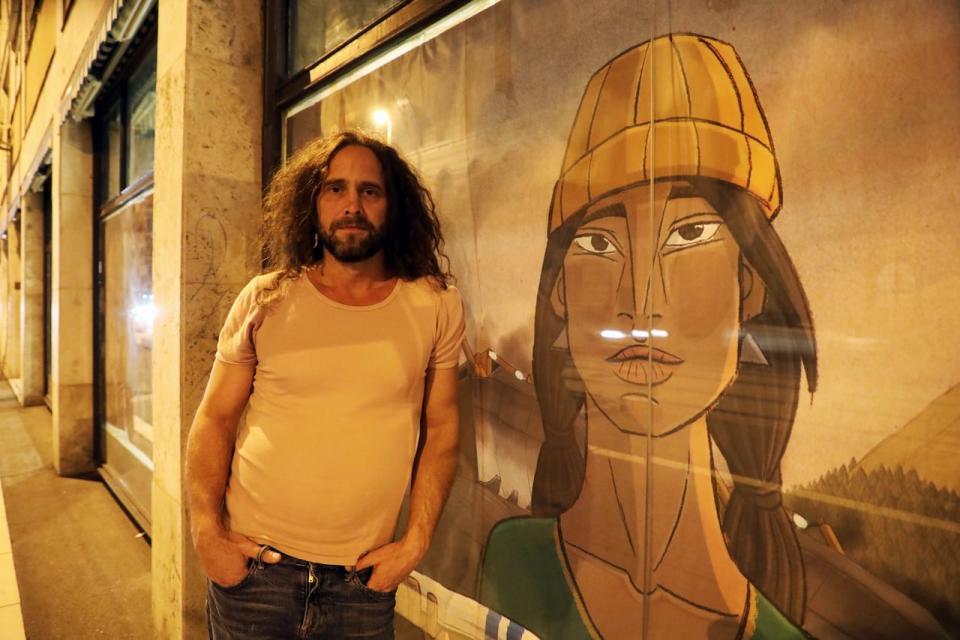New animated film gives Lorne Cardinal another chance to use his voice for Indigenous actors

Cree actor Lorne Cardinal has long worked to change how Indigenous people are portrayed on the screen and stage, using his considerable charisma to raise awareness about casting characters who are central to a storyline.
Now the classically trained actor, who got hooked on Shakespeare as a University of Alberta theatre student, says he'd like to expand his own repertoire to playing film and TV characters that aren't necessarily Indigenous.
"[Film and television directors] like their Hollywood Indians. They like them to be wise and stoic or mean and fierce," said the renowned actor, director and executive producer, who grew up on the Sucker Creek First Nation in Alberta, about 350 kilometres northwest of Edmonton.
"Just let us be human and hire the best actor for the job."
Cardinal is well-known for his multi-award-winning role as Sgt. Davis Quinton on Corner Gas. His catalogue includes several other TV series and theatre performances including an all-Indigenous staging of King Lear. He is executive producer and director of an upcoming crime noir thriller in partnership with Ontario-based Crafthaus.
One of his latest projects is Four Souls of Coyote, an animated feature inspired by the 2016 Standing Rock protests in North Dakota. It will be screened at the Edmonton International Film Festival on Sept. 26.
In the film, a group of Native American teens confront the crew of an oil pipeline project. Cardinal provides the voice for a protester's grandfather who invokes the myth of creation as a reminder of one's place in the great cycle of life.
Four Souls of Coyote is the creation of Hungarian director and writer Áron Gauder, who says he was obsessed with Native American stories growing up behind the Iron Curtain.

Lorne Cardinal voices the part of the elder in the animated film, Four Souls of Coyote. (Submitted by Four Souls of Coyote)
Indigenous and Hungarian people share similar traditions, said Gauder, including shamanism, archery, horse-riding, yurt-dwelling and the harms of colonialism.
As a non-Indigenous person, Gauder made sure to consult with Indigenous people on the film.
He said in a world of finger-pointing, Four Souls of Coyote, which has already captured multiple awards, raises awareness without blame.
"This is made with love. That we should love what we have."
Cardinal declined to speak directly about the film out of respect for actors and writers on strike in Hollywood. But he did say it aligns with his priority to work on projects that have messages he wants to promote.

Aron Gauder directed Four Souls of Coyote, which will be screened at the Edmonton International Film Festival. (Four Souls of Coyote)
The movie has been picking up awards on the film festival circuit. Earlier this month, it was named as Hungary's official entry into the 2024 Academy Awards race for international features.
Cardinal heard the news about the film's selection from his brother Lewis, who lives in Edmonton. "He phoned me up one day and he was like congratulations, I said, 'For what?'"
Cardinal sees humour as an incredible teaching tool, especially on sensitive subjects where laughter can counter defensiveness.
The power of humour is on full display in No Reservations, a short film that uses satirical comedy in a story about protests in a white, middle-class neighbourhood after an Indigenous corporation led by Cardinal arrives to build an oil pipeline.
"I find that people are more receptive when you work in a joke or sly humour, irony or some kind of, double entendre."


